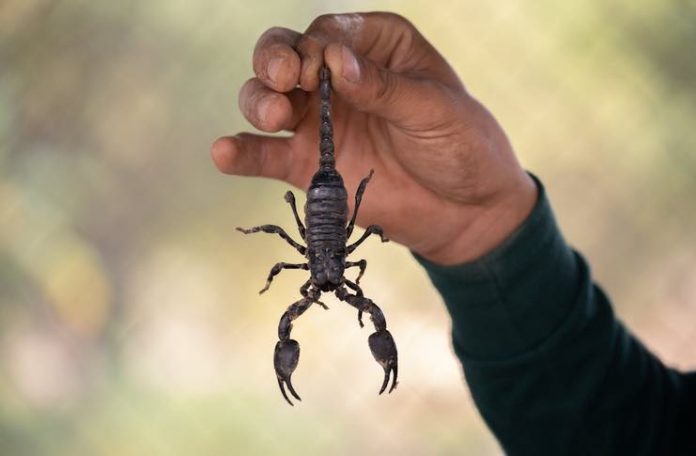Exotic pets are, undoubtedly, one of life’s greatest joys. Dogs and cats are wonderful, but how cool is it to own a pet snake, chinchilla, or chicken?
However, caring for these exotic pets can be difficult because of their varying needs. Everyone knows that you need to take dogs for walks and give cats litter boxes, but not enough about turtles or goats.
Here are some things you need to consider before buying an exotic pet and bringing it back home.
The Types of Exotic Pets
The term “exotic” doesn’t mean that the animal comes from Madagascar or that it is extremely rare. Exotic pets are animals that are unusual as pets. Most people do not keep the following as household pets:
- Turtles
- Sugar gliders
- Snakes
- Frogs
- Scorpions
- Goats
- Chickens
- Spiders

However, this isn’t all the animals that are considered exotic pets. To put it simply, it would be easier to name all the non-exotic pets rather than the exotic ones.
What Exotic Pets Need
Since they’re usually not kept as domestic pets, exotic pets have needs beyond what a dog, cat, hamster, or another usual animal might need. Here are some examples:
-Some turtles need their water set at a specific pH and temperature
-All snakes are carnivores, so they need to eat mice or other small prey
-Most spiders are venomous in some capacity, so you need to handle them very carefully
If you’re interested in a particular exotic pet, you will need to research the animal. Owning the animal is much different than adoring it at a zoo. You’ll need to spend time with the breed to figure out if this decision is the right one.
Here’s everything to consider about your potential exotic pet:
Diet
Consider what food your exotic pet will need, as well as how much they will eat per day. This will vary depending on the animal, but it will also depend on the animal’s:
-Age
-Health
-Size
-Physical activity
For example, New Heritage Feed Co says that goats can eat around 2-4 pounds (1.81 kg) of hay per day, but that can vary depending on how much they graze in a pasture. Research how much they’ll need to eat per day, and always have enough extra in case of emergency.
Habitat
It would be cruel to put an animal as dynamic as a snake in a tub with only a hot lamp and a bowl for water.
The following factors all go into determining your exotic pet’s habitat:
-Temperature
-Humidity
-Ventilation
-Light
-Hygiene
You should try to replicate their natural habitat as closely as you can. This includes replicating natural daily and seasonal cycles of humidity, temperature, and light.
Many reptiles live in an environment with a broad range of temperatures. You should also consider objects in their habitat, such as rocks, grass, ponds, and other live animals.
Socialization
Since these animals aren’t always kept as pets, socialization is key for making sure they don’t “act wild” and hurt someone.
Spiders are almost always venomous but proper socialization helps the spider realize that you’re not a threat, so they won’t attempt to harm you.
The same goes for non-venomous animals like turtles or birds: Teach them early on that humans aren’t a threat, and they will make great pets.
Final Thoughts: Buying an Exotic Pet Requires Serious Thinking…
Owning an exotic pet is challenging and not for most people. Having a tarantula that hangs out on your shoulder or a goat that walks on a leash as a dog sounds like fun, but it takes lots of hard work and dedication.
Before getting one of these exotic pets, make sure you consider their habitat, diet, and how much socialization they’ll need. If you’re not ready to learn about the breed, hold off on making the animal a pet!
If you already have your exotic pet – and you think it’s sick – read this post.



